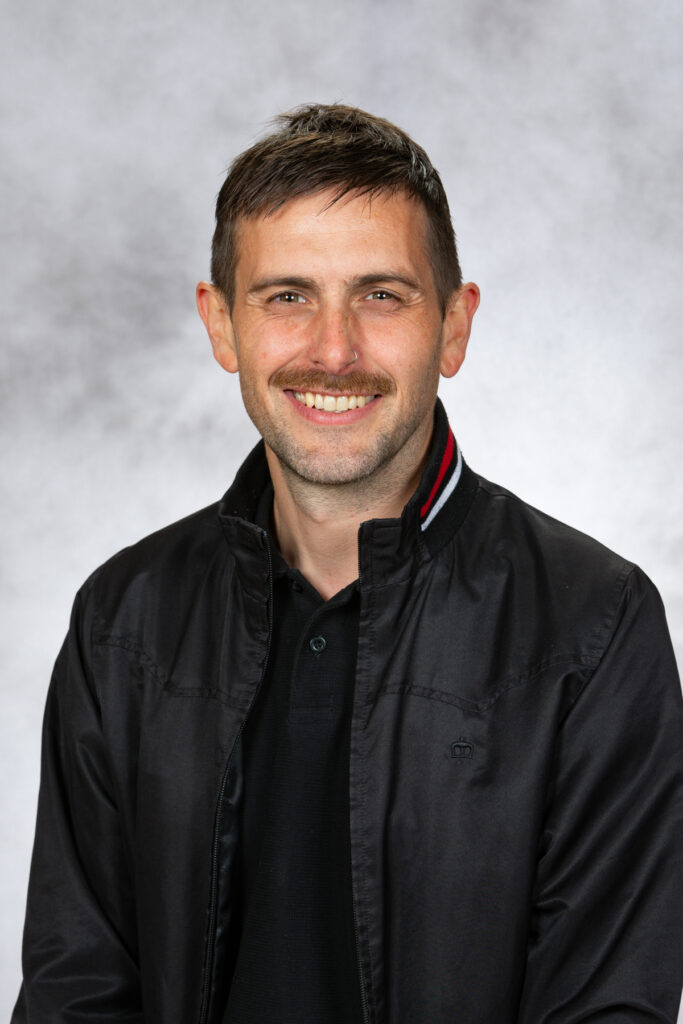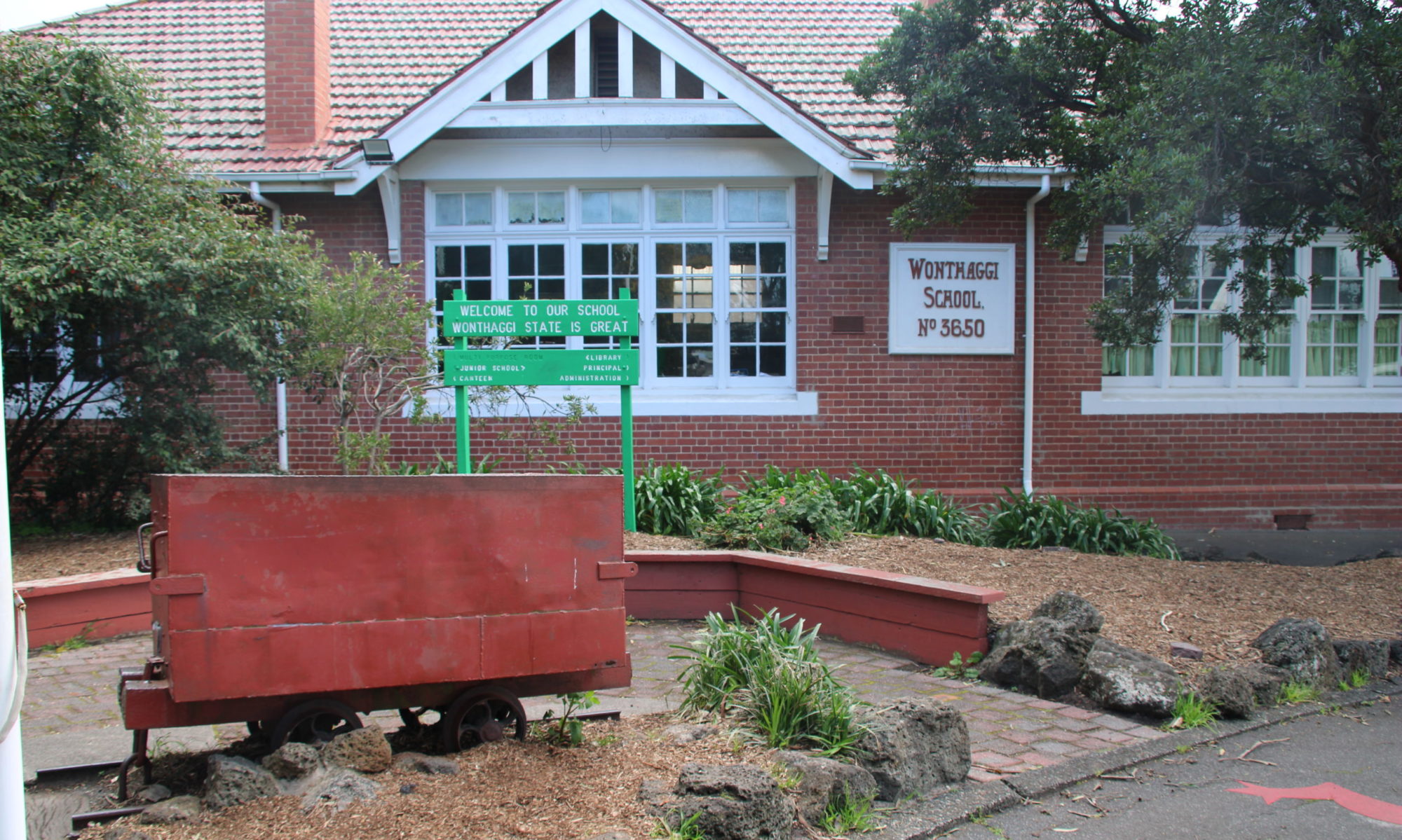Wellbeing at Wonthaggi Primary School
Student wellbeing is a critical part of everything we do here at Wonthaggi Primary School. Our wellbeing team, which is led by our Assistant Principal Tom Burdekin, works closely with our students and teachers to form strong relationships and offer specialised support.


Our student wellbeing team provides individual student support.
Our team includes: Child Safety Officer – Karyn Thomas, Chaplain – Andre Whitton and Learning Inclusion and Wellbeing Coordinator – Bridget O’Keefe. In addition to directly assisting students, our team liaises with outside agencies that provide family and community care. Our chaplain works with small groups and with individuals to support their emotional and interpersonal development. Our team works with students to improve their emotional wellbeing, relationships, behaviour and social skills. We strive to provide a 7-year learning journey that takes a holistic approach to each student. Throughout this journey, the interests, strengths and challenges of students are identified by staff. By including students and families as partners in learning, staff at WPS used a strengths-based approach to target teaching in order to meet the needs of all students. When needed, we develop Individual Education Plans and implement small group or individual interventions to support the academic and social emotional learning of our students. We welcome the input of Allied Health and other specialists to promote the best learning outcomes for students.
We are a Positive Behaviour Support (PBS) school.
Wonthaggi Primary School provides a safe, calm and inclusive learning environment for our school community, where all students are set up for success. We have implemented a Positive Behaviour Support (PBS) framework to foster academic and behavioural support for our students. PBS is about teaching students’ positive behaviours through the use of clear expectations, consistent school-wide classroom practices, predictability in routines and explicit teaching and modelling of expected behaviours. Positive reinforcement, encouragement and strong, trusting connections between staff and students is crucial. These elements help students to develop their decision making and problem-solving skills, to make good choices and to develop self-regulation strategies.

Engagement & Wellbeing Leader

Learning Inclusion and Wellbeing Coordinator

Education Support Wellbeing & Welfare

